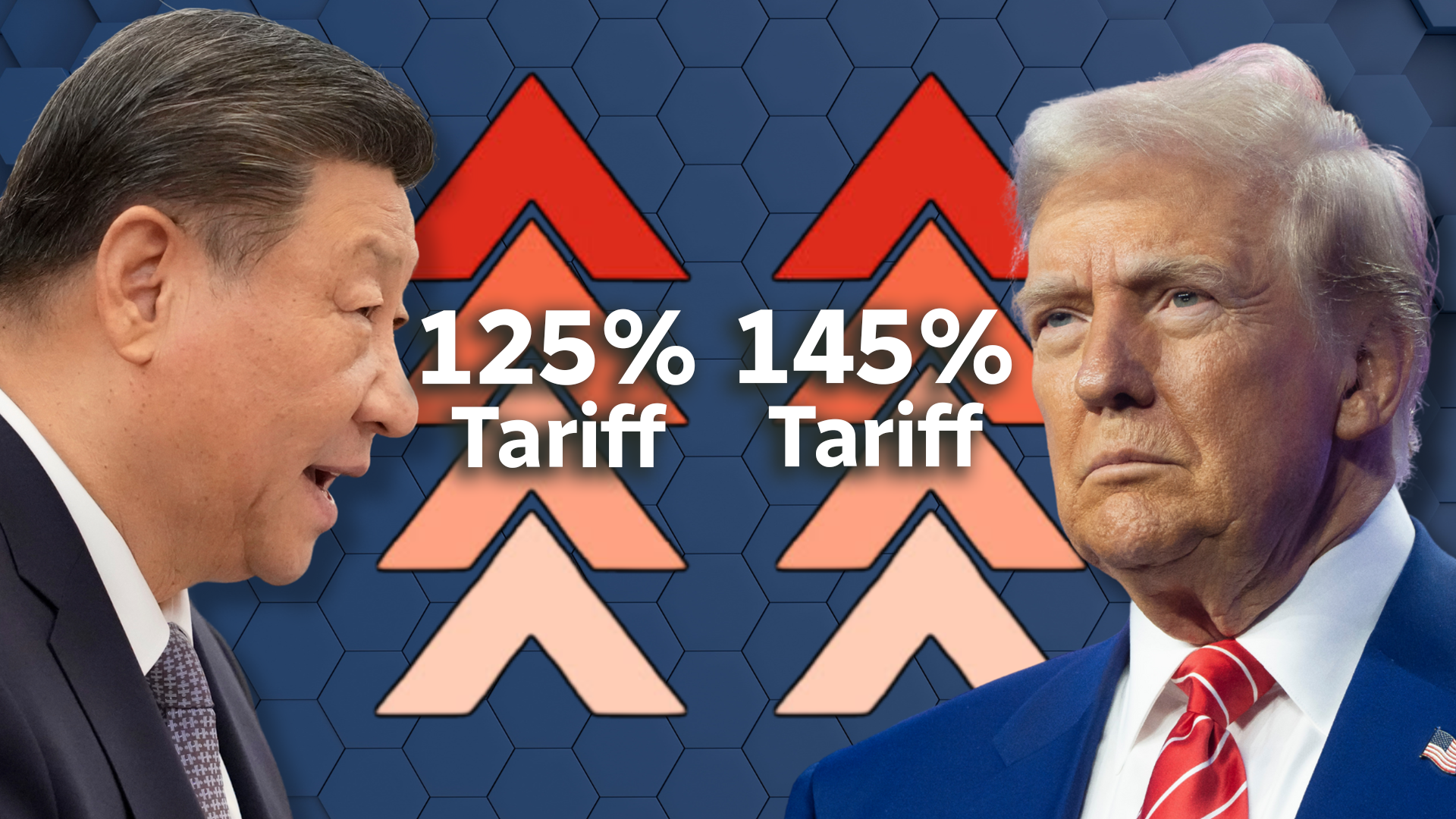Can a Canadian ride-hailing startup compete with Uber and Lyft?

Harrison Amit is leading a small startup with a big idea.
“The vision for the company is helping over 10 million drivers,” said the 28-year-old CEO of Hovr (pronounced Hover).
The Toronto-based ride-hailing company launches today, and will service the city and surrounding suburbs.
Amit’s goal is to make the company a national brand within a year and go way beyond that.
The question is whether this young entrepreneur compete with the global giant Uber, which has a 15-year head start and had 150 million active monthly users in Q4 2023 (including Uber Eats customers), or Lyft, which was founded 12 years ago and had 22 million active monthly riders in Q4.
Hovr’s yet to provide a single ride, but Amit believes his company’s approach could shake up the ride-hailing industry because of how it will pay drivers.
“Our tagline at Hovr is 100 per cent fare is 100 per cent fair. And what that means is that the drivers take home 100 per cent of the fare from every ride that they receive.”
It’s a play on words, but also a strategic play, setting Hovr apart from the giants it’s up against.
What 100 per cent of the fare means
Amit says Hovr will appeal to drivers because instead of taking a percentage of the total fare on every trip to turn a profit like Uber and Lyft do, Hovr will charge a $20 monthly membership fee to work for the service.
That price is an introductory rate that Amit says will rise as the business grows, but a fixed cost means drivers don’t pay more for working more.
That’s how Hovr lets drivers keep “100 per cent of the fare.”
Hovr says it will make the costs of each ride transparent, giving riders a bill that shows the fare or driver’s pay (the base rate, kilometres and time), and includes what the passenger is being charged for insurance, city fees, a transaction fee plus a $1 “platform fee” from the company.
Amit says the 100 per cent fair slogan has helped sign up 5,000 drivers and 25,000 potential customers, through word of mouth, social media and a few billboards in downtown Toronto.
Milton Brady, a former cabbie who’s been with Uber for four years, said he couldn’t wait to sign up for Hovr.
“Hovr is a knight in shining armour,” he said.
Brady says the industry needs more competition to make things better for drivers, and that Hovr’s pay model would give drivers a “chance to actually build some kind of economical stability in their lives.”
Ride-hailing ripe for disruption?
In Amit’s view, the ride-hailing business is due for a shake-up, like the taxi business was upset by Uber when it arrived.
“We’re entering a market that is ripe for disruption,” he said, “It’s riddled with dissatisfaction, on both sides from the riders and the drivers.”
Complaints about surge pricing and service, a tax investigation and unionization efforts are all issues the industry has faced.

;Resize=620)


;Resize=620)